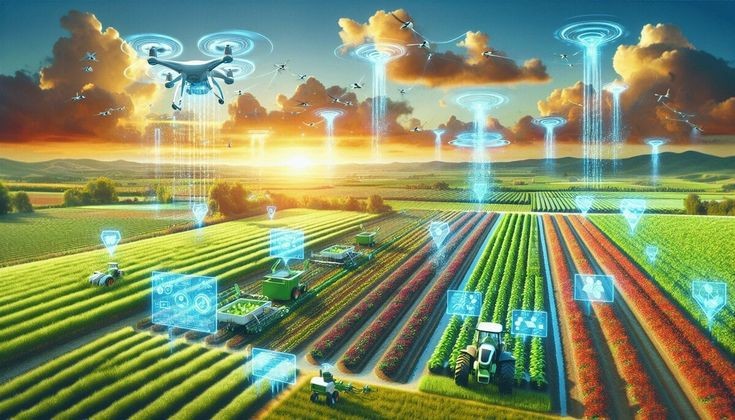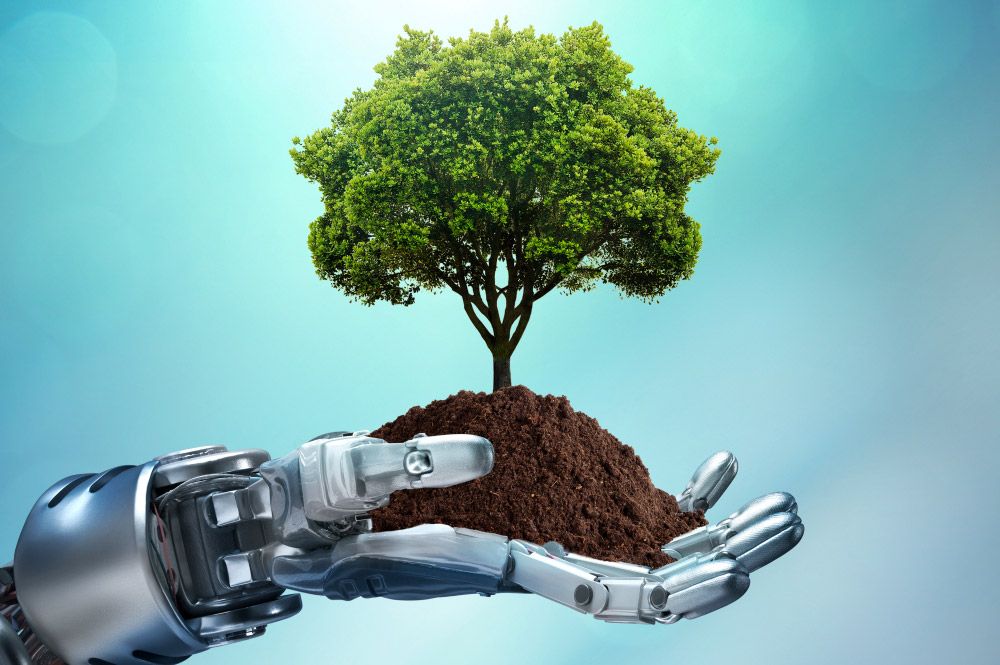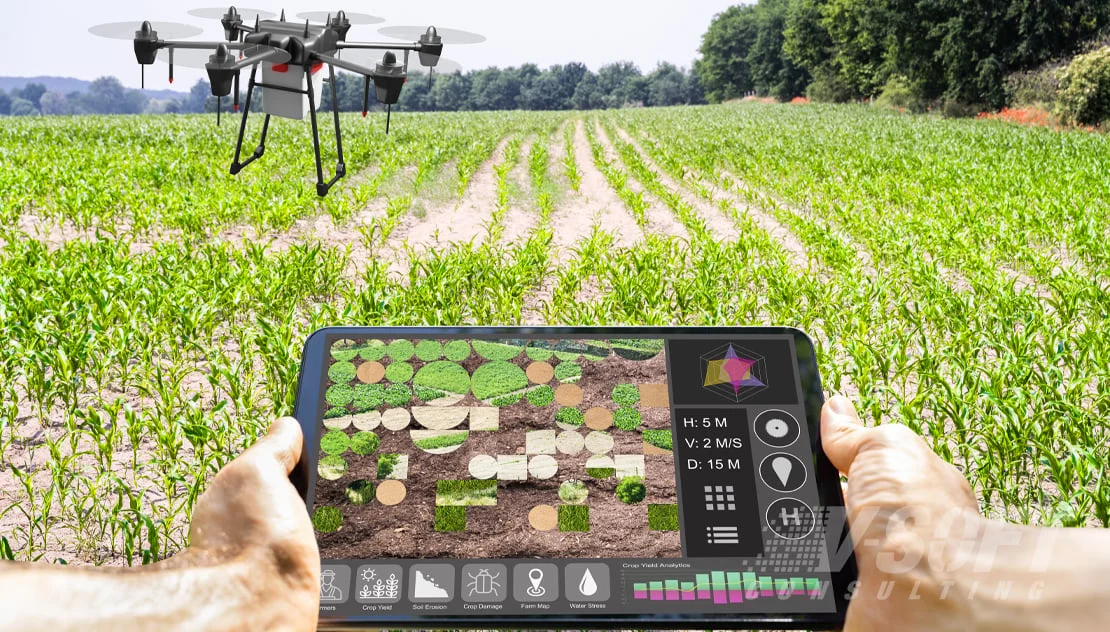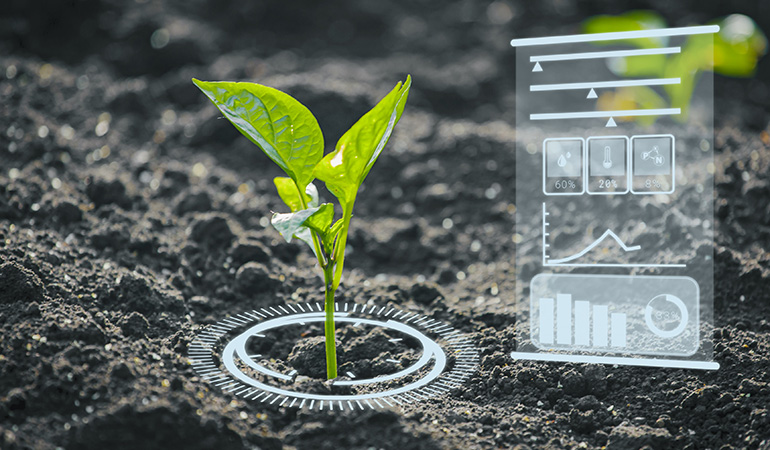Artificial Intelligence (AI) is rapidly transforming the agricultural sector by enhancing productivity, improving decision-making, and creating more sustainable farming practices. Understanding the role of AI in agriculture helps farmers and agribusinesses adapt to modern challenges and optimize their operations.
What is AI in Agriculture?
AI in agriculture refers to the use of advanced algorithms, machine learning, computer vision, and data analytics to support farming activities such as crop monitoring, soil analysis, pest detection, and yield prediction.
How AI Works in Agriculture
AI systems process large amounts of agricultural data collected from satellites, drones, sensors, and farm machinery. By analyzing this data, AI can provide real-time insights, automate processes, and help farmers make informed decisions to improve crop management and resource efficiency.
Key AI Techniques Used
Machine Learning: Helps in predicting crop yields, detecting diseases early, and recommending optimal planting schedules.
Computer Vision: Analyzes images from drones and sensors to monitor crop health, identify weeds, and assess soil quality.
Robotics: Supports precision farming by automating tasks like planting, harvesting, and spraying pesticides with minimal human intervention.
Predictive Analytics: Forecasts weather patterns, pest outbreaks, and potential risks, enabling proactive farm management.
Benefits of Using AI
AI enhances precision, reduces waste, improves productivity, and supports sustainable farming. It allows farmers to detect issues early, optimize resource usage, and increase overall efficiency while minimizing environmental impact.
Limitations to Keep in Mind
AI in agriculture depends heavily on high-quality data and can require significant investment in technology and training. Additionally, unpredictable weather and data variability may sometimes challenge the accuracy of AI predictions.
Conclusion
AI is reshaping agriculture by offering intelligent solutions to modern farming challenges. By integrating AI tools with traditional knowledge, farmers can improve yields, reduce costs, and build a more sustainable future for the agricultural industry.







Leave feedback about this